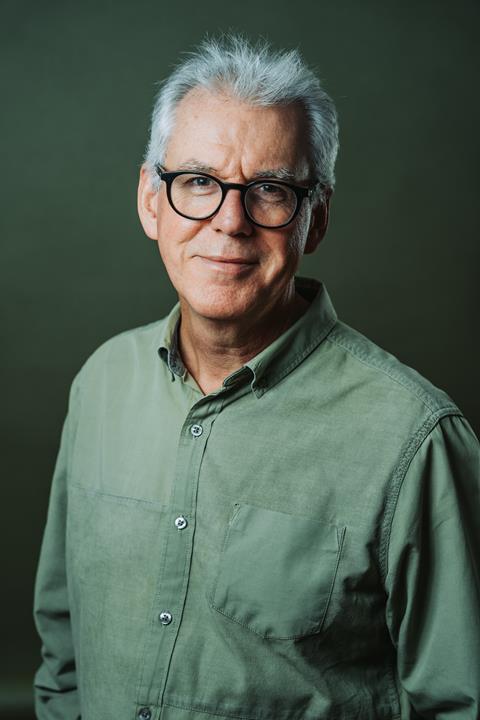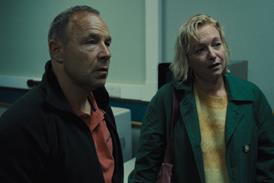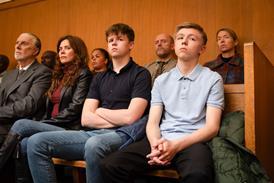Bournemouth University’s Richard Wallis on the case for Supportive Offboarding
The television industry is wholly dependent on its freelance talent. But as we know too well, freelancers often leave productions without feedback, without thanks, and without a clear sense of what (if anything) their contribution meant to the organizations they just spent weeks or months working for.

It’s a cultural blind spot: the idea that when a freelancer finishes, they simply disappear, hopefully to another job, but perhaps to something less certain. In a recent research project, we looked at what might change if we gave more attention to that final moment in the production cycle.
The concept we tested is called Supportive Offboarding. It’s a short, structured conversation (it can be as brief as 20 minutes) offered at the end of a freelancer’s contract. It includes space to say thank you, to exchange feedback, to reflect on personal development, and to discuss what’s next. Crucially, it’s led by someone outside the direct reporting line, so not a line manager or the show’s producer.
One thing we’ve been deliberate about is avoiding the language of ‘exit interviews.’ While this may be familiar in permanent employment settings, it carries an implication that the process exists primarily for the benefit of the employing organisation, to capture insight, measure satisfaction, or document complaints. That’s not what this is.
Supportive Offboarding is designed with the freelancer in mind. It’s not about gathering data or protecting reputations. It’s about offering a small but meaningful moment of reflection and recognition, something that’s often entirely missing at the end of a job. And for freelancers, especially those who feel siloed or unsure about their professional development, that kind of support is both rare and valuable.
We piloted the approach across a number of shows in the UK and Australia, in partnership with Fremantle. Many freelancers told us they had never been offered anything like it before. They said that being invited to pause and reflect left them feeling seen, respected, and better equipped for whatever came next.
This isn’t a fix-all. It doesn’t address the systemic change needed around hiring practices, or working conditions, or employment stability. But it does point to an often-overlooked space where support can be given at low cost and with high impact. It also creates space to surface issues that may have gone unspoken during production, whether they be challenges, opportunities or ideas that could inform the way things are done in the future.
In an industry where momentum often overrides reflection, perhaps it’s time we gave more thought to how people leave. After all, it may shape whether, or how, they choose to remain in the industry.
Supportive Offboarding: Report on the design, development and testing of an intervention to improve the way the TV industry supports its freelancers was published last week by Bournemouth University. The project was a collaboration with Fremantle and the research was funded by The British Academy.
- Richard Wallis is based at the Centre for Excellence in Media Practice (CEMP) at Bournemouth University





























No comments yet